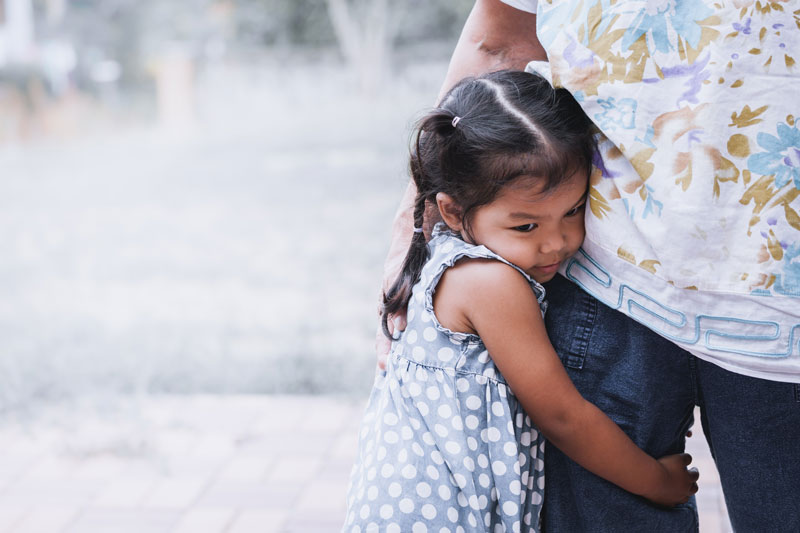Blogs
Thursday, July 31, 2025
Many families express finding it difficult to identify appropriate and effective treatments for young children. It can be hard to tell if play or talk therapy approaches for young kids are addressing the core challenges that they and their families face. At the same time, young kids are less likely to engage meaningfully in individual cognitive behavioral therapy approaches due to limited developmental capabilities. Parent-Child Interaction Therapy was designed to facilitate prosocial behavior change for kids between the ages of 2 and 7, through the scaffolding of parents. It still incorporates play, to keep it fun and engaging for the child, but each step of treatment is intentionally building skills that the child needs to succeed.
Thursday, July 10, 2025
The following is an interview with a real client at the Center for Effective Therapy who utilized Parent-Child Interaction Therapy to support their child struggling with anxiety and impulse control.
Tuesday, June 24, 2025
Being a member of the LBGTQ+ community can be a beautiful source of strength, resilience, self-love, and pride. If a child is questioning their gender or sexual orientation, and they seem to be struggling with their mental health, it's important to note that the cause for distress is often the feedback they are receiving from society about their identity, rather than being upset about it themselves. The reality is that many LGBTQ+ people face discrimination, familial and social rejection, prejudice, harassment, and a denial of civil and human rights. In addition, many people may hold additional marginalized identities which can exacerbate the challenges they face, like the added experience of racial discrimination or socioeconomic challenges of poverty.
Wednesday, June 18, 2025
It is normal for children and teens to think about or question their identity in its many forms throughout development, and gender and sexual identity are no exception. The Lesbian, Gay, Bisexual, Transgender, Queer, Questioning Plus (LGBTQ+) community is inclusive of a wide and diverse range of identities and expressions of sexual orientation and gender, and this community is diverse in race, religion, ethnicity, nationality and socioeconomic status.
Thursday, June 05, 2025
When you seek out a doctor for yourself or your child, odds are, you’d like your doctor to be basing their interventions on research and evidence that has been validated in the field. Knowing that your doctor has surveyed the options for treatment and has chosen to proceed in a particular way because the research and knowledge available tells them that it will provide the best outcome is reassuring.





